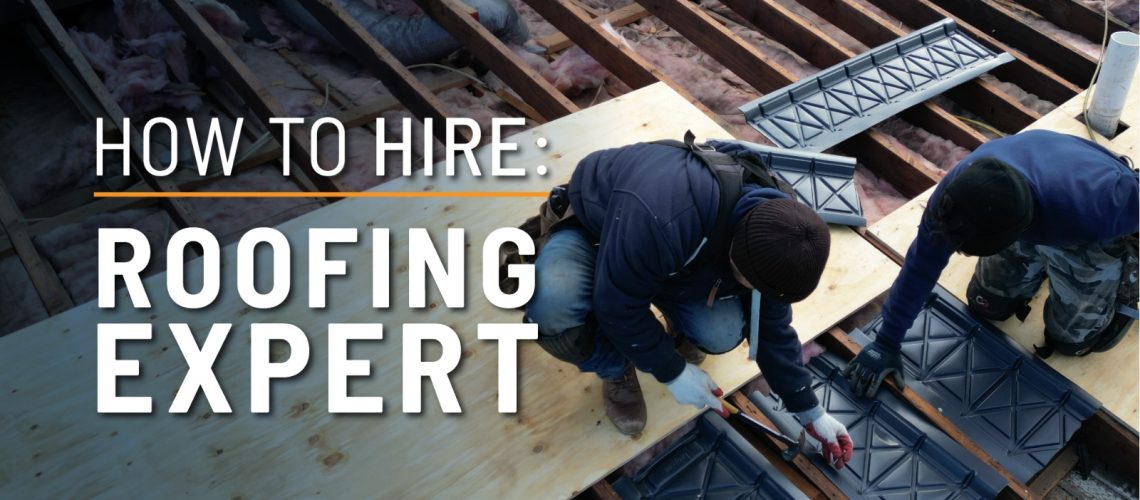Introduction
Hiring a roofing expert is a crucial step in ensuring your roof is installed or repaired properly, but it can also be a daunting process. With so many options out there, how can you be sure that you’re hiring a professional who will do a quality job and not overcharge or cut corners? In this blog post, we’ll cover the key steps you can take to find a reliable roofing contractor and avoid common scams that could cost you thousands.
1. Do Your Research First
Before hiring any roofing expert, it’s important to do your homework. Start by asking friends, family, or neighbors for recommendations. People in your circle are likely to give you honest reviews about their experiences with contractors. You can also look at online reviews on platforms like Google, Yelp, or Angie’s List.
Look for Licensing and Insurance
One of the most important steps in your research is verifying that the contractor is licensed and insured. Licensing ensures that the contractor meets industry standards and local regulations. Insurance protects both you and the workers in case of accidents or damage during the project. Ask for proof of both before moving forward.
2. Get Multiple Quotes
Once you have a shortlist of potential contractors, the next step is to get multiple quotes. Don’t settle for the first estimate you receive, even if it sounds reasonable. Getting at least three quotes allows you to compare prices, services, and timelines.
Beware of Extremely Low Bids
While it may be tempting to go with the lowest bid, be cautious of contractors offering prices significantly lower than others. Lowball estimates could indicate that the contractor is cutting corners by using subpar materials or not paying their workers fairly. It could also mean hidden fees that will surface later in the project. A reputable contractor will offer a fair price upfront based on the quality of materials and labor required.
3. Ask for Written Contracts
A written contract is essential for protecting both you and the roofing expert. It should detail the scope of the work, timeline, materials to be used, payment schedule, and any warranties. Never rely on verbal agreements alone. If something goes wrong during the project, a detailed contract can help resolve disputes and ensure everyone is held accountable.
Key Elements to Include in a Contract
- Detailed scope of work: Specify exactly what the contractor will do, including materials, labor, and cleanup.
- Start and finish dates: Clearly define the project timeline to avoid delays.
- Payment terms: Make sure you know when and how payments will be made. Avoid paying the full amount upfront.
- Warranties: Clarify what warranties are provided for both materials and labor.
4. Avoid Paying in Full Upfront
One of the most common scams in the roofing industry is contractors asking for full payment before any work has started. This should be a major red flag. Reputable contractors will never ask for full payment upfront. Instead, they typically require a deposit (around 10-30%) and stagger the remaining payments based on milestones or completion of the job.
Use Payment Milestones
Set up a payment schedule that reflects the progress of the job. For example, a portion of the payment can be made after the removal of the old roof, another part after installation of the new materials, and the final payment upon project completion and inspection. This ensures that the contractor stays motivated to finish the job on time and up to standard.
5. Check References and Previous Work
Before signing a contract, ask the roofing expert for references. Contacting previous clients can give you a clearer idea of what to expect. Ask these questions:
- Was the project completed on time?
- Were there any unexpected costs or delays?
- Did the contractor communicate effectively?
- Are they satisfied with the quality of the work?
In addition to references, many reputable roofing contractors will have a portfolio of their previous work. Reviewing photos of completed projects can help you gauge their style and expertise.
6. Verify Warranty and After-Sales Support
Make sure the contractor offers a warranty on both the materials and the labor. Many roofing materials come with manufacturer warranties, but the installation should also be covered by the contractor’s guarantee. This way, if something goes wrong due to poor workmanship, the contractor will be responsible for repairs.
Ask About Maintenance and Follow-Up
A reliable contractor will not only complete the job but also offer after-sales support. Ask if they provide regular maintenance services or if they’ll come back to inspect the roof after installation to ensure everything is holding up.
7. Avoid Door-to-Door Contractors
Be cautious of roofing experts who show up at your door uninvited, especially after a storm. These contractors, often called “storm chasers,” move from one area to another looking for quick jobs. They may pressure you into making a fast decision and offer suspiciously low prices. While some may be legitimate, many are not, and it’s better to go through a vetted, local contractor with a proven reputation.
Choose a Local Roofing Expert
Hiring a local roofing contractor is beneficial for several reasons. Local contractors are more likely to be familiar with building codes in your area and will be easier to reach if any follow-up work or inspections are needed. They’re also more invested in maintaining a good reputation in the community.
Conclusion: Be Diligent, Ask Questions, and Protect Your Investment
Hiring a roofing expert is a significant investment, and by taking these steps, you can ensure you get the best value for your money while avoiding scams. The key is to do your research, get everything in writing, and avoid making hasty decisions. By working with a licensed, insured, and reputable contractor, you’ll protect your home, your wallet, and your peace of mind.

